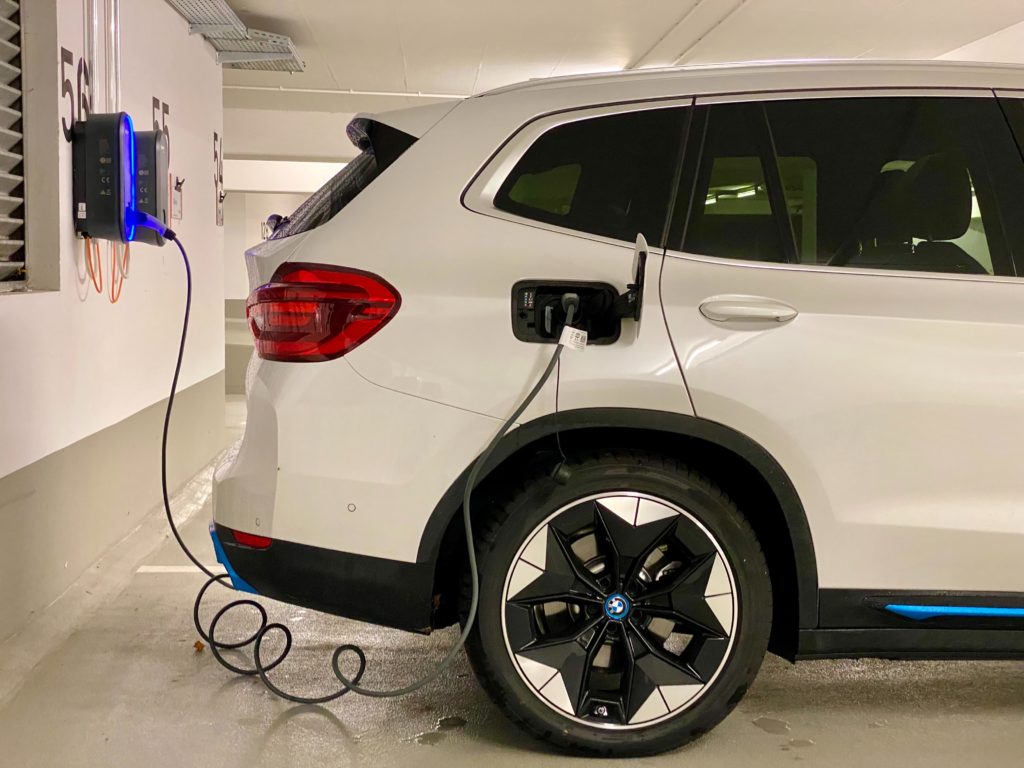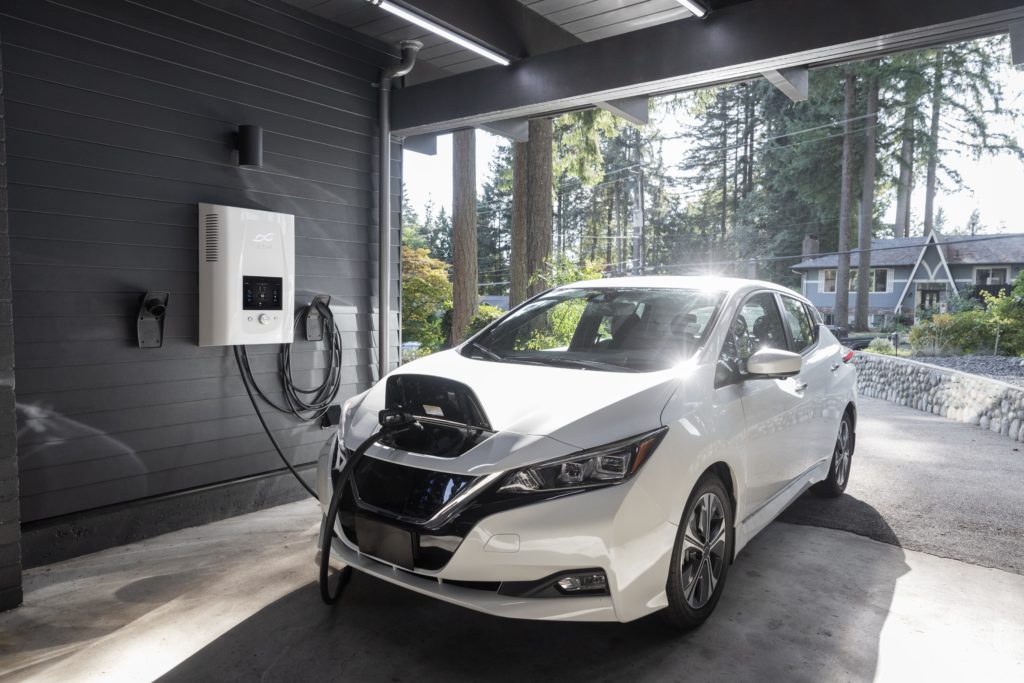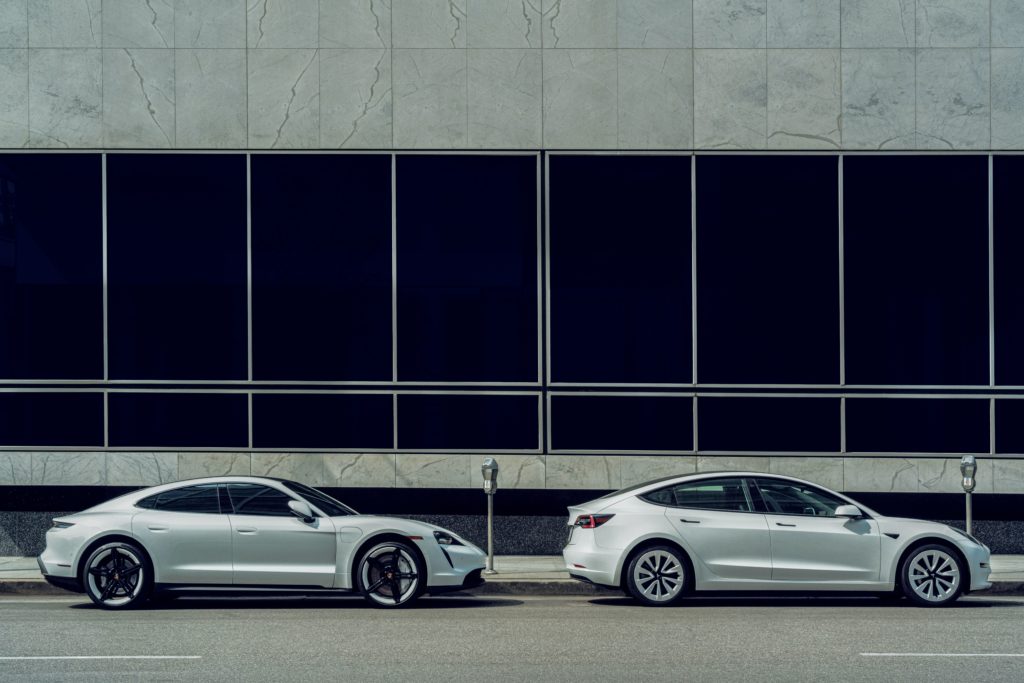Electric cars are generally considered to be more sustainable than regular cars because they produce zero emissions, which can help to reduce air pollution and combat climate change. Additionally, electric cars are typically more energy-efficient than regular cars, which means that they use less energy to travel the same distance, resulting in fewer greenhouse gas emissions.
One of the main advantages of electric cars is that they produce zero emissions. Unlike regular cars, which are powered by internal combustion engines that burn fossil fuels, electric cars are powered by batteries that store electricity. This means that electric cars do not emit any pollutants into the air, such as carbon dioxide, nitrogen oxides, and particulate matter. As a result, electric cars can help to reduce air pollution, which is a major public health concern.

Another advantage of electric cars is that they are typically more energy-efficient than regular cars. This is because electric cars use an electric motor, which is more efficient than an internal combustion engine. As a result, electric cars can typically travel further on a single charge than regular cars can on a full tank of gas. This means that electric cars use less energy to travel the same distance, resulting in fewer greenhouse gas emissions.
Additionally, electric cars can be charged using renewable energy sources, such as solar panels or wind turbines. This means that the electricity used to charge electric cars can be produced without emitting any greenhouse gases. In contrast, regular cars are powered by fossil fuels, which are non-renewable and contribute to climate change when burned.

Furthermore, the production of electric cars can also be more sustainable than the production of regular cars. Many electric cars are made from lightweight materials, such as aluminum and carbon fiber, which require less energy to produce than the steel used in regular cars. Additionally, the batteries used in electric cars are often made from recyclable materials, such as lithium-ion, which can be recycled and used again. This means that the production of electric cars can be less harmful to the environment than the production of regular cars.
Another potential benefit of electric cars is that they can help to reduce our dependence on foreign oil. Many countries, including the United States, import a significant amount of oil from other countries, which can be a political and economic concern. By using electric cars, we can reduce our reliance on oil and potentially reduce our dependence on foreign sources of energy.
However, electric cars also have some limitations and challenges that must be considered. One of the main challenges is the availability of charging infrastructure. In order for electric cars to be practical, there must be a sufficient number of charging stations available for drivers to use. This requires a significant investment in infrastructure, which can be a barrier to the widespread adoption of electric cars.
Additionally, the cost of electric cars is still higher than the cost of regular cars, which can be a barrier for some consumers. Although the cost of electric cars has been decreasing in recent years, they still tend to be more expensive than regular cars, which can make them less accessible for some people.

Furthermore, electric cars are not completely emissions-free. While they do not produce emissions directly, the electricity used to charge them is often generated by burning fossil fuels. This means that electric cars can still contribute to greenhouse gas emissions if the electricity used to charge them is produced from fossil fuels.
In conclusion, electric cars are generally considered to be more sustainable than regular cars because they produce zero emissions, are more energy-efficient, and can be charged using renewable energy sources. While there are some challenges and limitations to the widespread adoption of electric cars, their potential benefits make them an attractive option for those who are concerned about the environment and sustainable transportation.
One way to overcome the challenge of charging infrastructure is to invest in more charging stations. This can be done by government agencies, private companies, and individuals. By increasing the number of charging stations, we can make it easier for people to charge their electric cars and reduce the range anxiety that some people may experience.

Another potential solution is to improve the technology used in electric cars. This can include the development of more efficient batteries, which can store more energy and allow electric cars to travel further on a single charge. It can also include the development of new materials, such as graphene, which can be used to make lighter and more durable batteries. By improving the technology used in electric cars, we can make them more practical and attractive to consumers.
Additionally, we can also work to reduce the cost of electric cars. This can be done by investing in research and development, which can help to lower the cost of production. It can also be done by providing incentives, such as tax breaks or subsidies, to encourage people to buy electric cars. By reducing the cost of electric cars, we can make them more accessible and affordable for more people.
Finally, we can also work to shift our energy production towards renewable sources. By increasing the use of renewable energy, such as solar and wind power, we can reduce our reliance on fossil fuels and lower the greenhouse gas emissions associated with charging electric cars. This can be done through government policies, such as renewable energy standards, and by investing in renewable energy technologies.
In conclusion, electric cars have the potential to be more sustainable than regular cars, but there are challenges and limitations that must be addressed. By investing in charging infrastructure, improving technology, reducing the cost of electric cars, and shifting towards renewable energy, we can overcome these challenges and make electric cars a more viable and sustainable option for transportation.

Leave a Reply